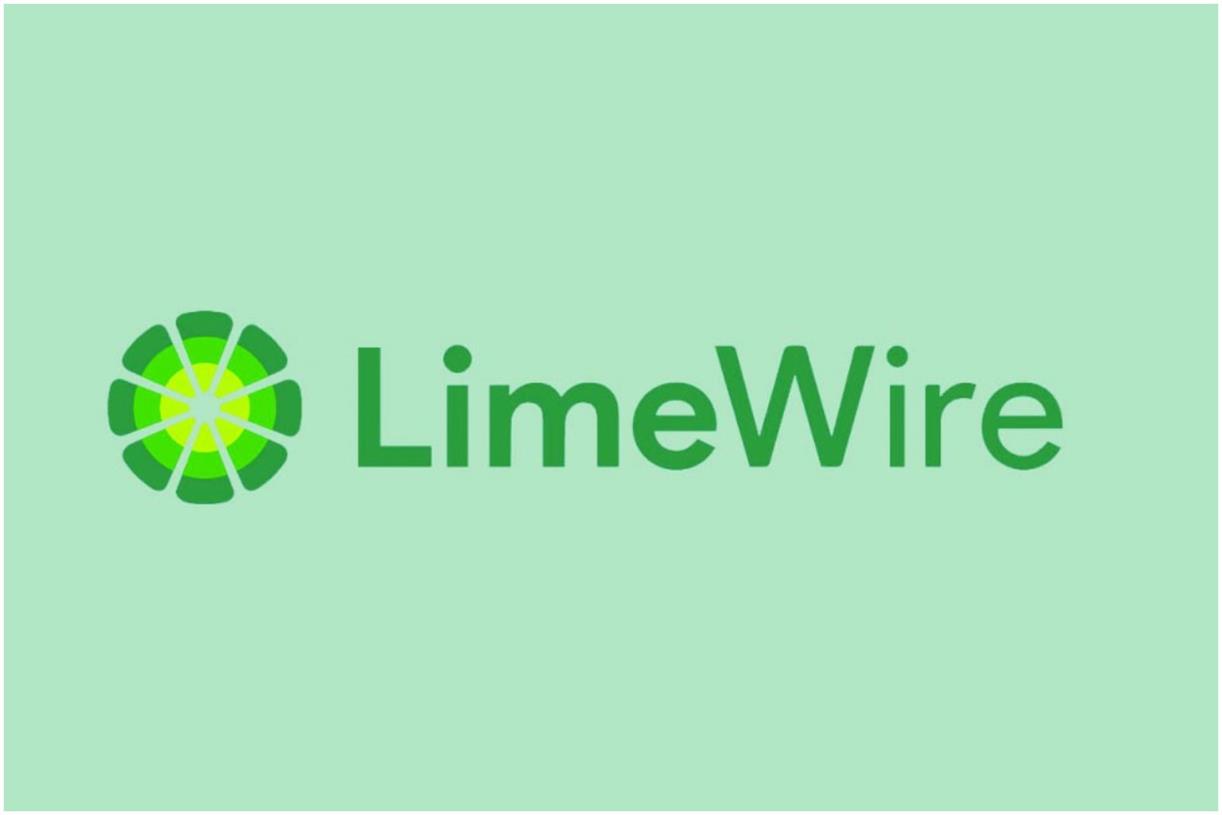Meta and X Announce AI Data Center Expansions
Meta looks to have the most potential to build towards AI’s next stage, though xAI is also looking to compete in the rapidly evolving tech race.

The focus on generative artificial intelligence (AI) continues to drive big investment from the major players, with both Meta and X outlining plans for new data center expansions to power their AI ambitions.
First off, on Meta. The company is reportedly planning to build a $10 billion AI data center in Louisiana, which, if it goes through, would make it Meta’s largest data center in the world.
As reported by Reuters:
“The hyperscaler data center, which is planned in Richland Parish, is designed to process huge amounts of data required to support digital infrastructure, including artificial intelligence workloads.”
AI processing requires significant systematic load, and Meta has already committed to several major projects to facilitate its next-level ambitions, which also includes its recently detailed “W” undersea pipeline project.
The cumulative investment in these two projects alone would be around $20 billion, and likely more, while Meta’s also exploring the potential of using nuclear energy as part of its broader AI development requirements.
As per Meta:
“Our aim is to add 1-4 GW of new nuclear generation capacity in the U.S. to be delivered starting in the early 2030s. We are looking to identify developers that can help accelerate the availability of new nuclear generators and create sufficient scale to achieve material cost reductions by deploying multiple units, both to provide for Meta’s future energy needs and to advance broader industry decarbonisation.”
Meta’s grand plan is that these projects will facilitate the next wave of generative AI applications, which, in theory at least, will one day enable fully interactive AR and VR environments, with the user simply speaking whole new digital worlds into existence.
That would be a significant advance on the current state of gen AI tools, which don’t have the same practical value for Meta’s offerings. But you can see where Meta is headed, while it’ll also need broader pipelines for its advancing VR experiences.
If it can get it right, that could ensure that the company remains best-placed to maximize the opportunities of the new AI wave, while also progressing with its artificial general intelligence (AGI) research.
But there are other players also eyeing the same space.
While Meta looks to advance its AI ambitions, Elon Musk’s xAI project is also expanding its “Colossus” super cluster, in order to power its own AI work.
Colossus, which xAI rapidly put together earlier this year, is reportedly the world’s largest supercomputer, operating a cluster of more than 100,000 interconnected Nvidia GPUs.
xAI is already expanding its Colossus center in Memphis to power the next stage of its project, which is currently in use for X’s Grok AI chatbot.
And while xAI remains well behind other players in the space, including OpenAI, Google, and Meta, many have faith in Elon to lead it to the next stage.
Musk’s close ties with incoming President Donald Trump could also play a part in helping xAI advance in the market, while it’s also notable that both of these new expansions are being undertaken within the U.S., which will hold appeal to the Trump administration.
It seems that Meta and Musk are already hard at work trying to build ties with Trump, in an effort to ingratiate themselves with the sometimes eccentric leader.
More U.S. jobs will help, and again, Musk’s direct ties to the Trump administration will give him expanded opportunities for the xAI project.
On balance, I’d be betting on Meta to eventually win out, and build advanced AI that goes beyond its competitors. And with reach to over 3 billion people via its platforms, Meta also has the most potential to build towards the next stage, though it will be interesting to see how xAI looks to compete in the rapidly evolving AI race.

 Tfoso
Tfoso 







_1.jpg)

![3 Instagram Video Formats You Should Leverage in 2022 [Data from 500+ Marketers]](https://blog.hubspot.com/hubfs/video-formats.jpg#keepProtocol)

















.jpg&h=630&w=1200&q=100&v=a905e78df5&c=1)




